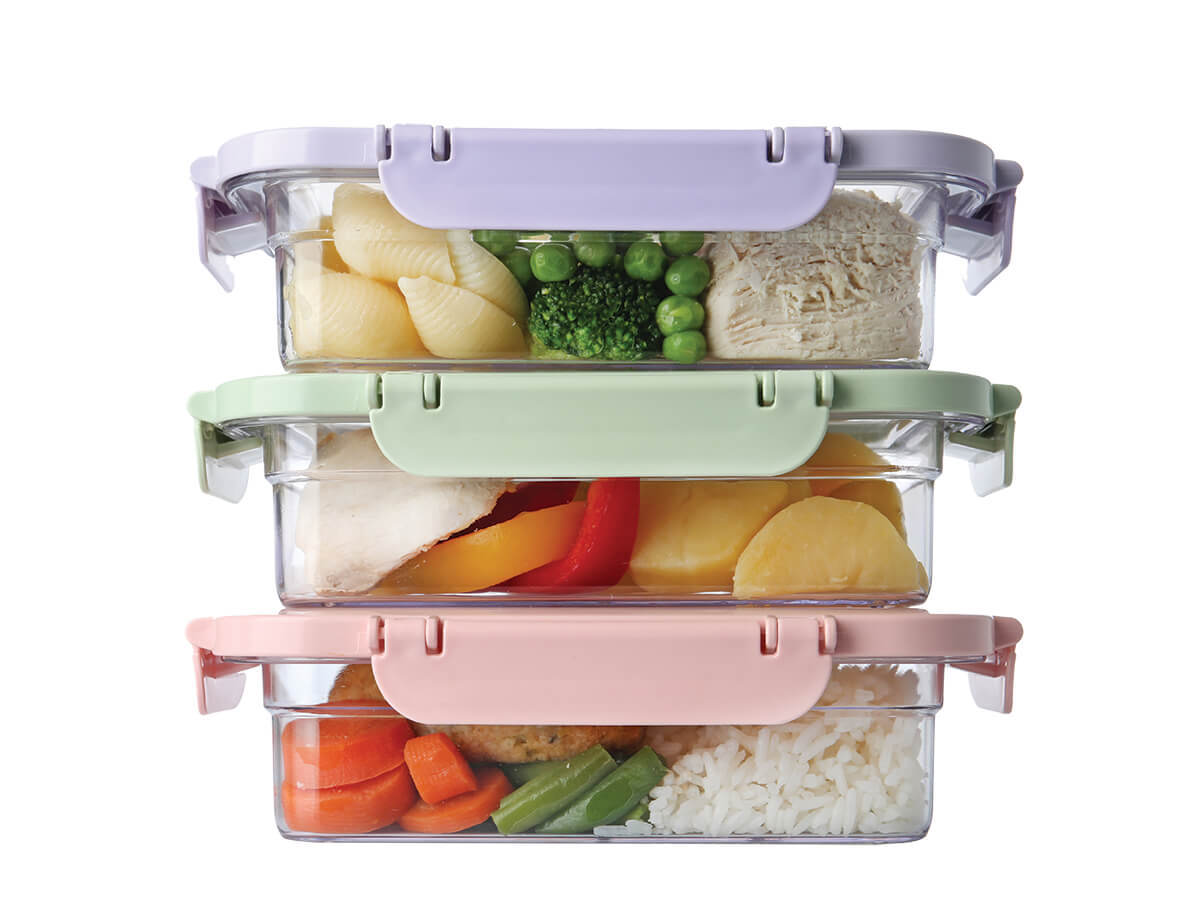Health & Wellness
How to Approach Your Healthy Eating Goals
Health coach Lauren Shafer of Live Full shares her tips.

So you’ve added losing weight to your list of resolutions, but you’re not so confident about what you’re getting into. Well, it turns out dieting doesn’t have to be so hard. According to Lauren Shafer of Live Full Health Coaching, it can be as simple as eating your veggies and making small changes. We talked to her about successful dieting and how to approach our healthy eating goals.
What should a healthy diet look like?
I call it “common sense nutrition.” If we focus less on counting and more on eating whole foods, that’s where the best results are. A good formula is having half of your diet from non-starchy vegetables and fruits, a quarter from lean proteins, and a quarter from whole grains or starchy vegetables. If you eat that way 80 percent of the time, that leaves 20 percent for more indulgent foods. If you’re 100 percent of the time trying to eat unprocessed, healthful foods, it’s going to get a little sad. It’s about figuring out how to fit in indulgent foods and realizing that they’re not for every day.
What can I do to avoid feeling guilty after eating poorly?
There are no good foods, there are no bad. There are no cheat meals, no cheat days. Remove the ethical and moral values out of food and the way we eat. Sometimes we make food choices that don’t support our goals, but it supports our emotional health. If I go to a birthday party and don’t have cake, I’ll feel sad, but if I go and eat a piece of cake, it’s no big deal—the next meal will be a healthful option. Learning compassion for yourself will go a long way. Saying “I love myself, but I also want to improve myself” is an amazing step forward.
How can we stay accountable?
Plan, plan, and plan. Take your life into consideration before taking your food into consideration. If you’re going to be out three nights a week until 8 p.m., don’t plan to cook big dinners. If you have a weight loss or fitness goal, you don’t have to go it alone! In fact, you might have better outcomes if you draft support to make the process fun and to increase your accountability. That could be teaming up with a workout, or working with a health coach.
What should we do to get started?
Rather than trying to make sweeping changes, something as simple as filling your plate half with vegetables can make a huge difference in the quality of your diet and getting you closer to your goals. Tracking food and sleep can help you understand what your baseline is, and then, from there, you can make small changes. The goal of tracking isn’t that you’ll track for the rest of your life, it’s to change your mindset so that you are accountable.
WHAT YOU NEED

START SMALL: Making subtle adjustments to your diet will be more effective than a sudden lifestyle change.

BALANCE: Avoid dessert every night, but don’t deny yourself that chocolate cake every once in a while.

PLAN: Set yourself up for success by prepping your meals for the week ahead of time.